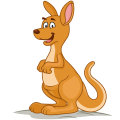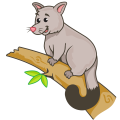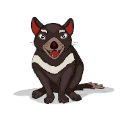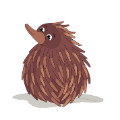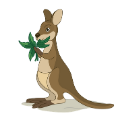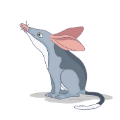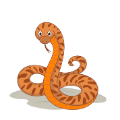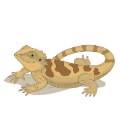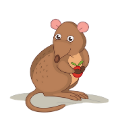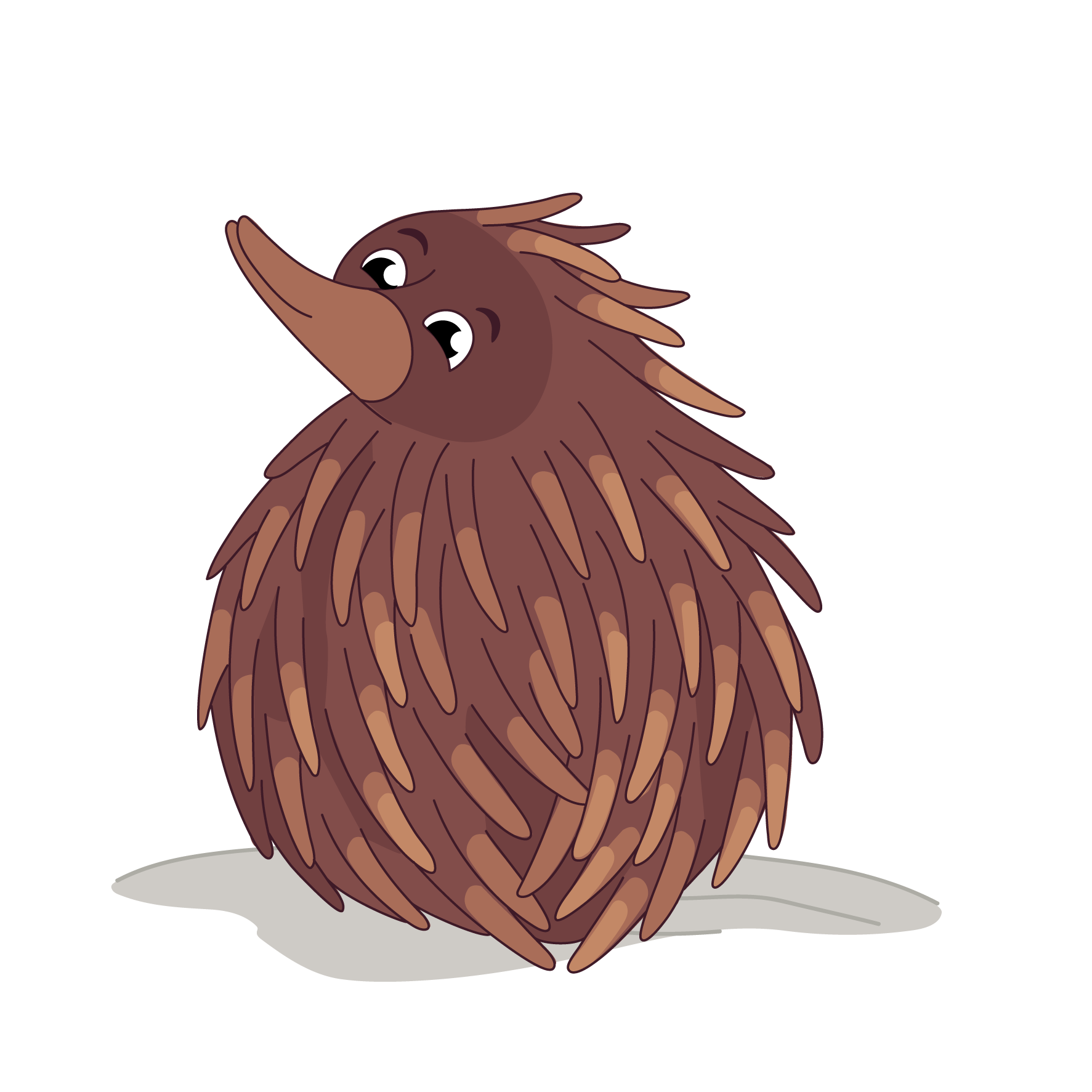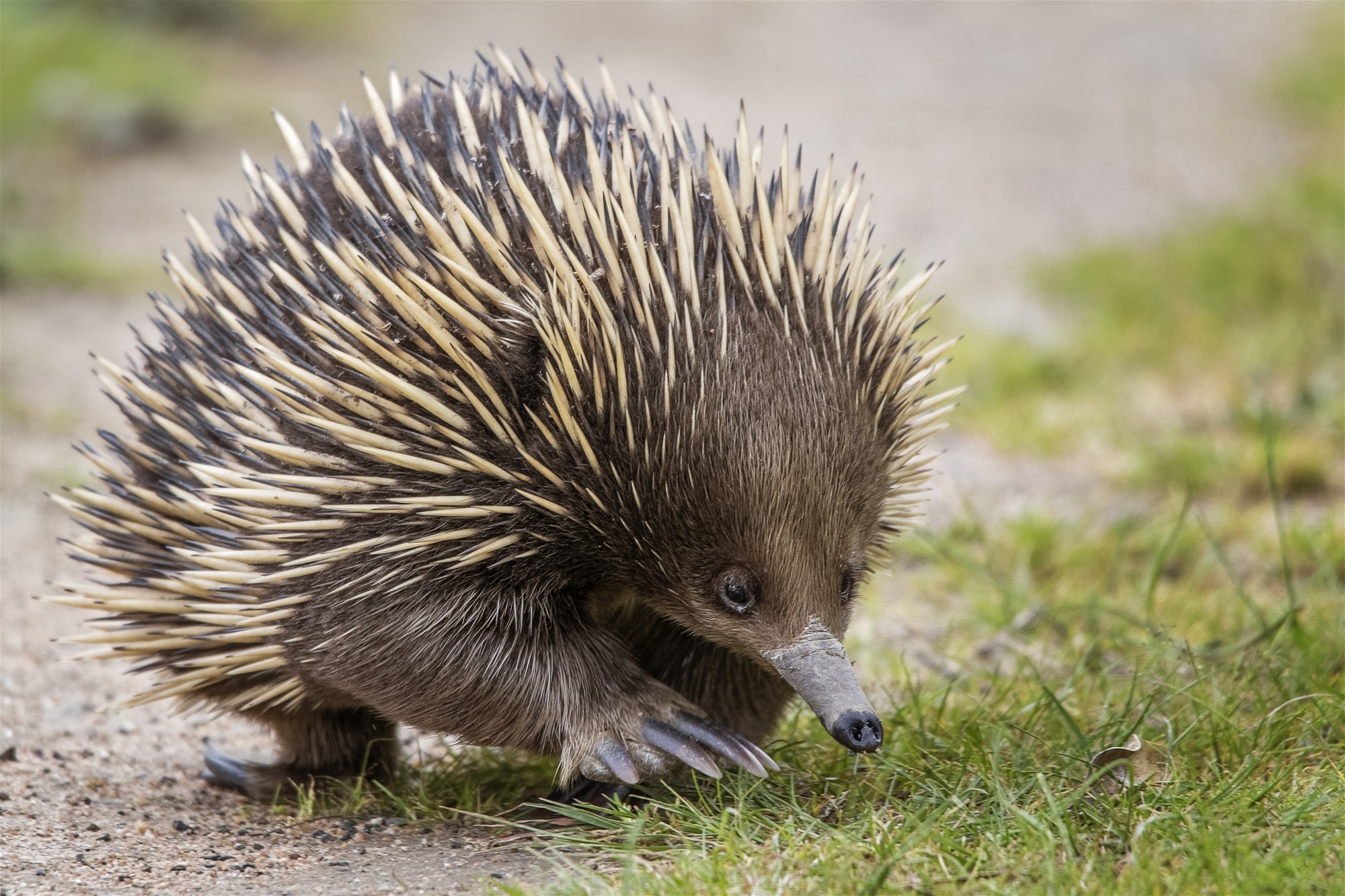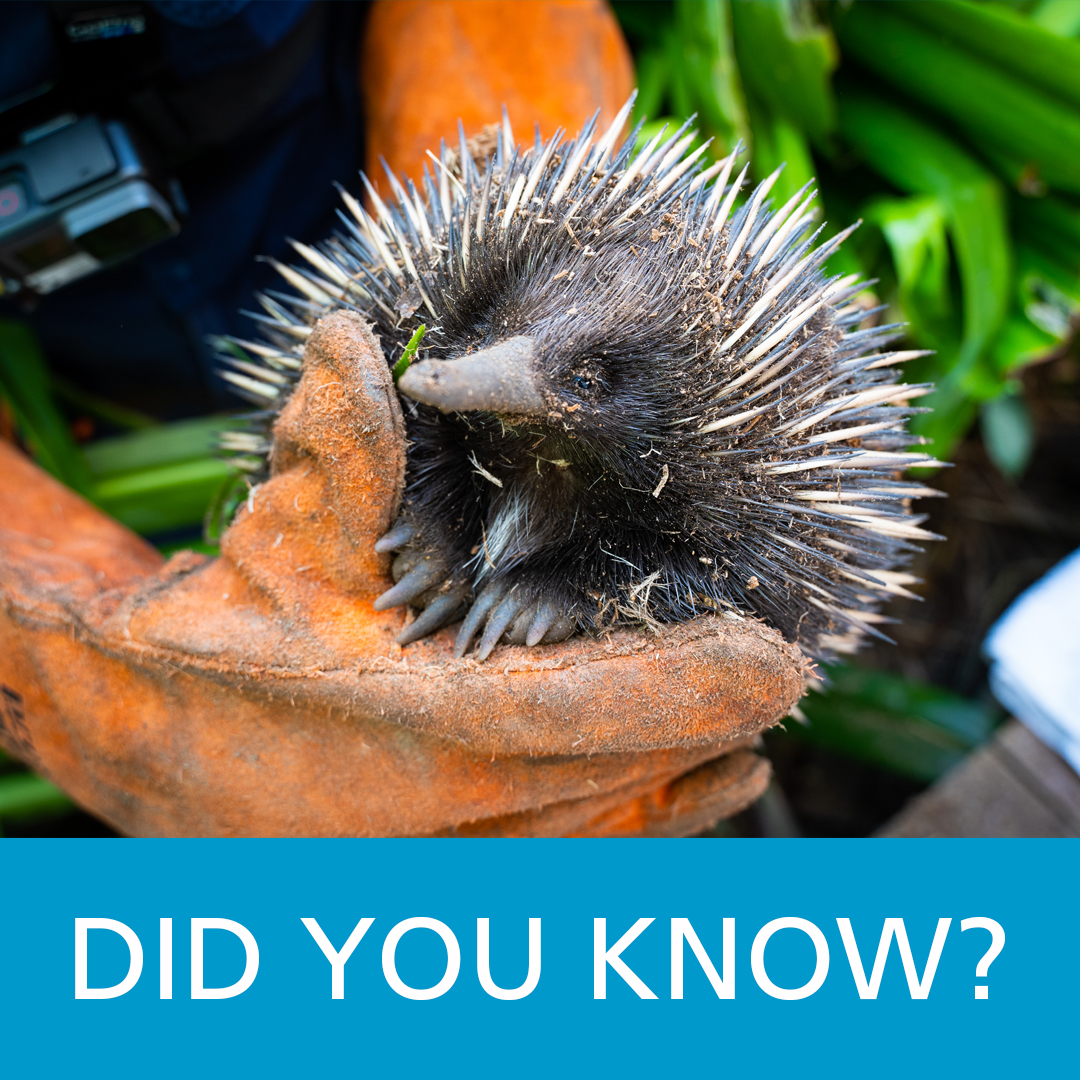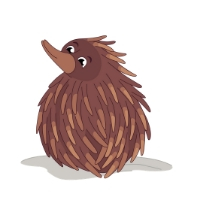
Fun Facts
Fun Facts
Echidnas are short, stout creatures. They can measure up to 79 cm in length and weigh from 2 to 10kg.
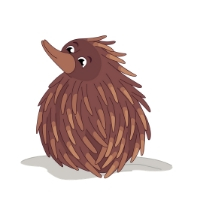
Fun Facts
Fun Facts
In the wild, the oldest recorded echidna lived to 45 years.
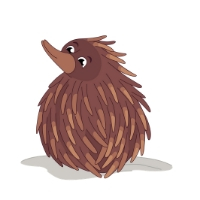
Fun Facts
Fun Facts
Baby echidnas are called puggles.
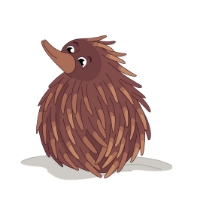
Fun Facts
Fun Facts
Echidnas’ spines are made of keratin, the same substance that our fingernails are made of.
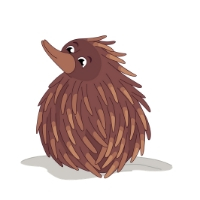
Fun Facts
Fun Facts
Echidnas live all over Australia and are able to survive in a wide variety of habitats and temperatures.

















